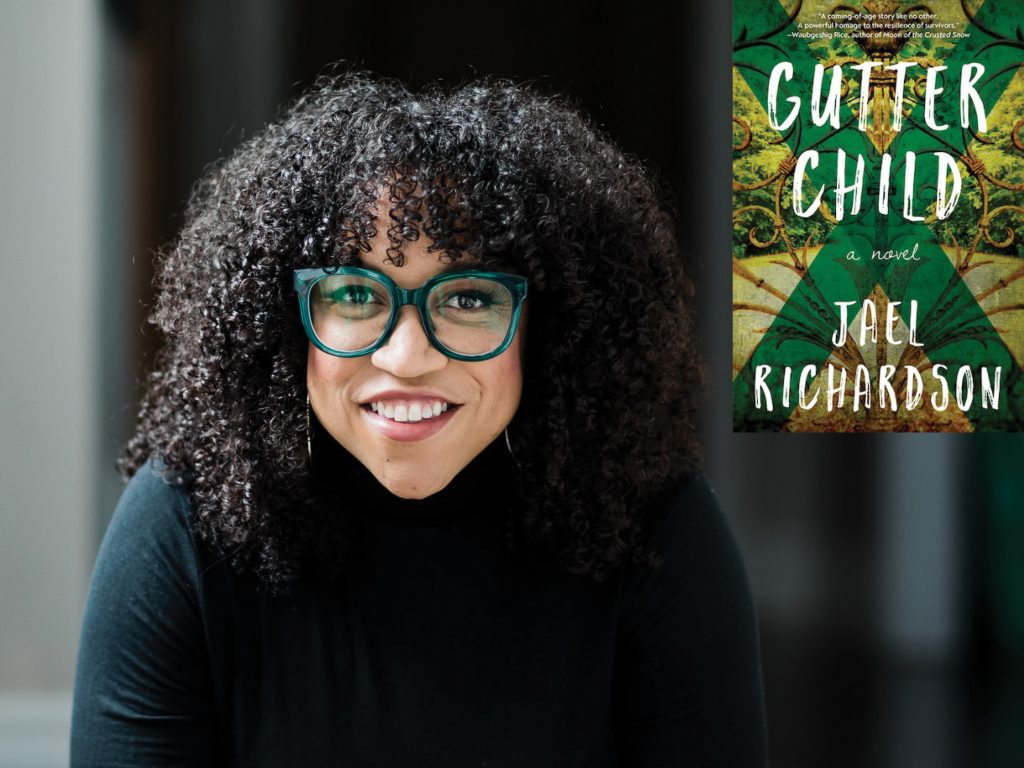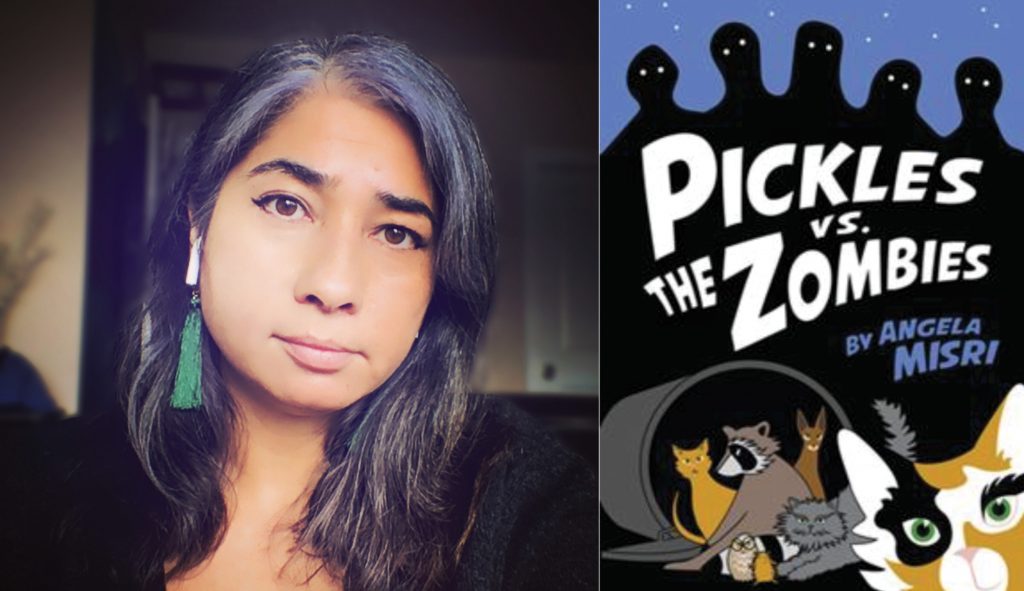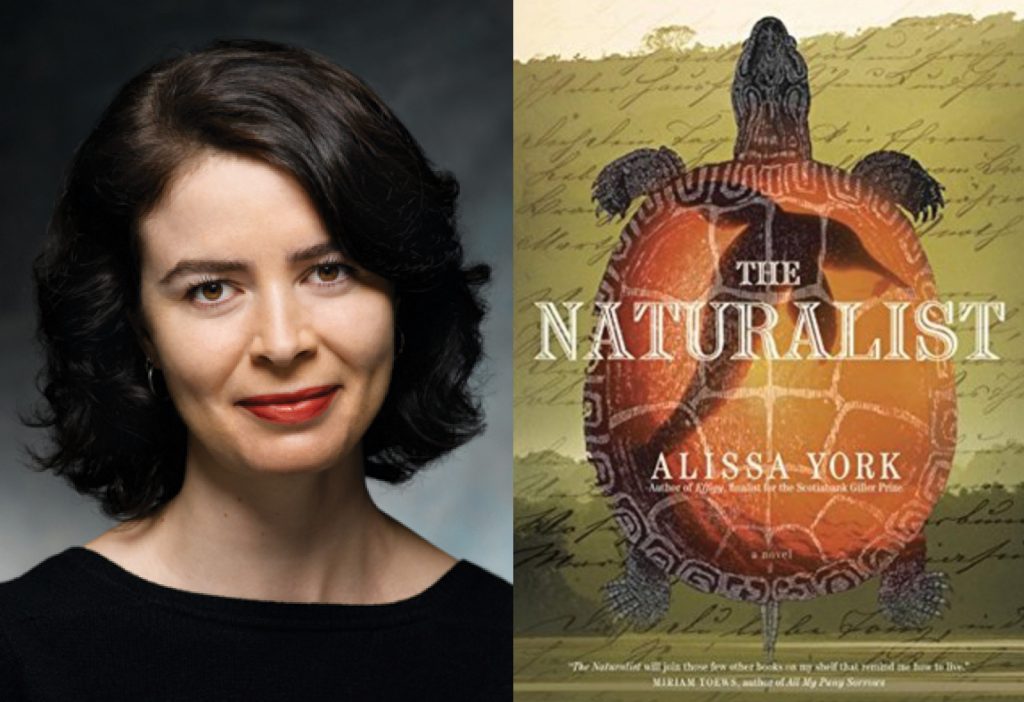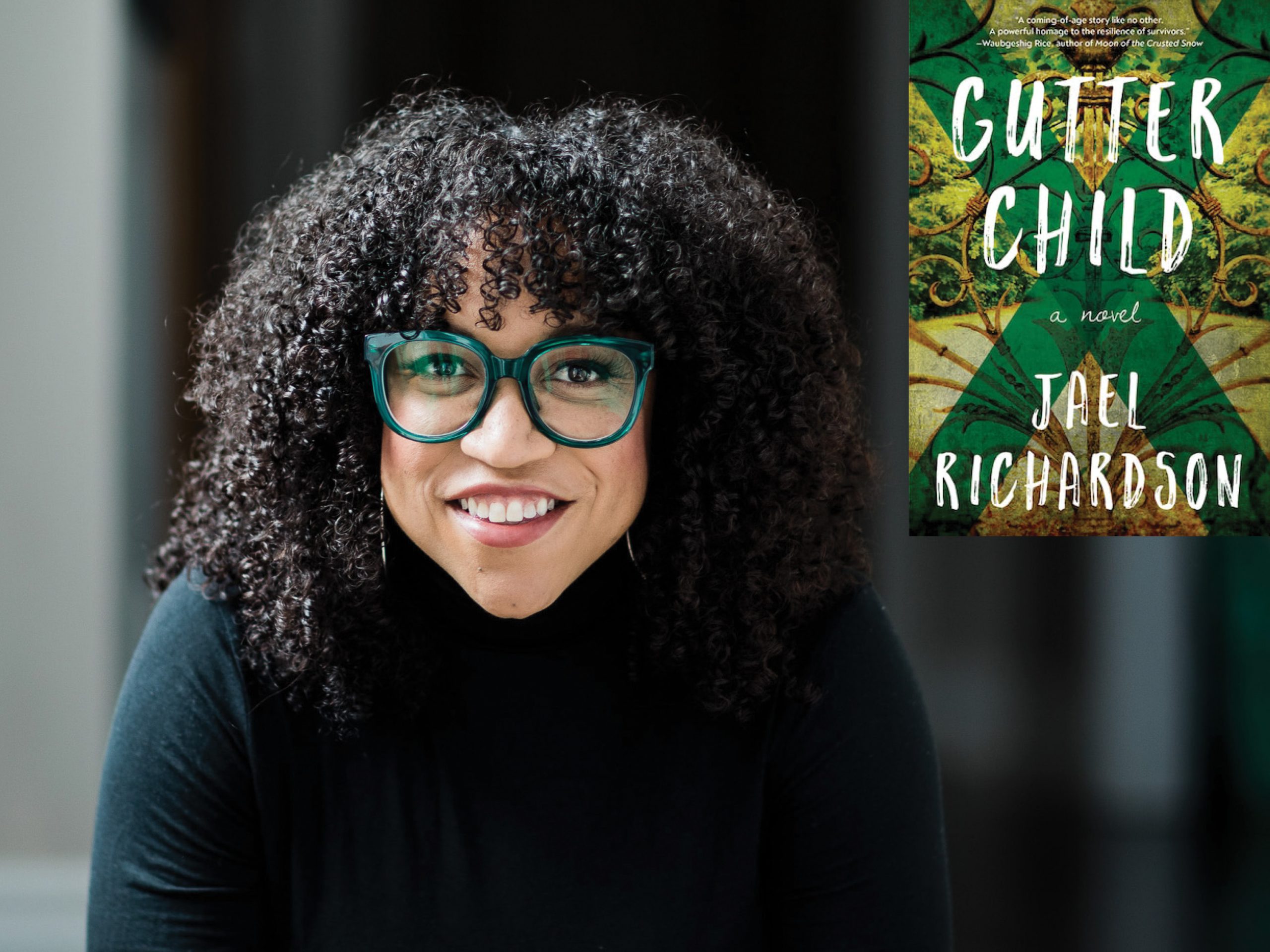By Nathalie Leveille
The Festival Of Literary Diversity and Humber School for Writers band together to help diverse communities fit into the CanLit industry.
The Canadian Literature Industry is young compared to others in the country, in the early 1960s it hit a pivotal moment where publishing flourished. It lacks the deep history of some of its European counterparts however, it faces the same problem of being predominantly white run, with a lack of diversity in its authors, editors and publishers.
Jael Richardson started the Festival of Literary Diversity (FOLD) eight years ago looking to change that.
“What I had seen from attending literary festivals was a lack of diversity, a lack of range in the types of stories that were being presented,” Richardson says. “I wanted to change the way Canadian literature was presenting itself to the world.”

Jael Richardson, author and founder of the Festival of Literary Diversity. Courtesy Simon Remark Photography.
FOLD is Canada’s first literary festival determined to give contributors from different communities a voice in the Canadian Literary (CanLit) industry. Richardson says having a platform is key to elevating the stories of people who look different than those of CanLit’s past.
“When we’re programming, we’re specifically looking for unique and underrepresented voices,” she says. “We’re looking for all kinds of diverse voices in that regard.”
Angela Misri, a Kashmiri author from Toronto Writers Connect, a Facebook writing group says the FOLD and its network of writers made her feel like she was part of the community rather than an oddity. “So many other writers groups have made me feel in the past that “othering” is so common as an experience for many POC who are writers,” Misri says.
She thinks that representation in the CanLit industry “is sad” saying “not just that there’s not enough [representation] but I find we are tokenized when it comes to representation in conferences or on committees.”

Angela Misri, a Toronto-based author and journalist, says that there is not enough representation in the Canadian literary industry.
The FOLD will host its second annual hybrid festival on a zoom call at a theatre in Brampton, Ont. this May from the 1st to the 15th. Authors featured include Tenille K. Campbell, a Dene/Métis member of the English River First Nation, and Nekesa Afia, whose debut book Dead Dead Girls will be released this year.
”I’m excited. I’m terrified. I’m constantly running a gamut of emotions that i’m sure are to only intensify as I get closer to the day,” she posted on Instagram.
Richardson says the festival will have similar features as other events that have gone online due to the change created by the COVID-19 pandemic along with some fresh ideas.
“There’s going to be a mood series,” she says. “this is a series of panels that are all about different moods, feelings and emotions that writers will be talking about.”
Another one of the FOLD’s loyal contributors is the Humber School for Writers, Richardson says that the two partner to host The FOLD Academy. The webinar series started around the same time as the festival and since then, it has seen 150 participants attending only for one gathering.
Alissa York, professor and program coordinator for the Creative Writing Graduate Certificate at the Humber School for Writers (HSW) says the school is partnering with the festival to promote their message of diversity in the CanLit community.
“We’re sponsoring an event there this year,” she says. “It’s a place for us to do community outreach to a diverse group of developing writers and established writers.” York hopes to recruit some of this year’s participants to expand Humber’s already diverse student body.

Alissa York is an author and Creative Writing program coordinator for Humber’s School for Writers.
Like Richardson, York is also an author. Her internationally acclaimed works include The Naturalist and Effigy.
York says they also look for new professors at the FOLD festivals each year, they recently recruited Omar Al Acad (Omar El Akkad) as part of their faculty. The Canadian-Egyptian international bestseller began in journalism but expanded his portfolio to include fiction and non-fiction. He has won the Kobo Emerging Writers Prize and his novel American War was named one of BBC’s 100 Novels that Shaped Our World.
HSW is doing its own part in helping authors from different communities find their place in the CanLit industry as well, through their online program which connects writers and mentors together.
“Our students are finding interviews with authors they already know,” York says. “But they may also be being introduced to a wide range of authors in a wide range of voices.”
She also says there are guest speakers lined up in the classes within the graduate certificate program.
“We’ve had Iranian writer and the Turkish journalist and Eritrean journalist come in,” she says. “So very interesting voices coming into the program through that initiative.”
Part of Richardson’s inspiration to start this festival came from her experience as an author herself, a vocation not uncommon among the FOLD staff. She has three books under her wing, two of them memoirs with the third being a children’s book titled The Stone Thrower.
The story was inspired by Richardson’s dad Chuck Ealey, the first Black quarterback to win the Canadian Football League’s Grey Cup when he won with the Hamilton Tiger-Cats in 1972.
“I think when I wrote The Stone Thrower, I only thought I was going to write the one book,” Richardson says. “My dad’s story should be out there.”
She says her dad was really private when it comes to talking about his life, and he was always at work. Therefore, they weren’t super close but still maintained a good relationship. “When I found out I was going to be a mom,” Richardson says. “I just… I got really overwhelmed at the idea that my dad had the story.”
She says she learned more about him at the time she was writing her book than at any other time in her life. “I sat down with him often, and it helped me put together some pieces even about my own life,” Richardson says. “Help me understand why I see the world in a particular way or why I am. I am.”
The books were also factors that lead to her starting the FOLD organization because she wanted to continue her family’s legacy. For four years, the organization has gained support from other organizations.
“The biggest things that have happened for us are grants from the Ontario Arts Council and Canada Council, and City of Brampton,” Richardson says. “They’ve been hugely supportive from the beginning.”
Outside of FOLD Humber’s School of Writers is helping the CanLit industry improve is by getting new members for their committee every three to four years and looking for scholarships from organizations that support different communities.
“We also have another wonderful scholarship that’s come on recently which is in its inaugural year in 2020, and that’s the Harlequin Diverse Voices scholarship,” York says. “The other exciting scholarship that we have with this initiative is the The Pen Canada School for Writers, Writers in Exile Scholarship, now in its fourth year.”
Those looking for inspiration may find it in FOLD’s 2021 list of speakers including Antonio Michael Downing, Eternity Martis, Noyz, Thomas King and Sarah Suk.

